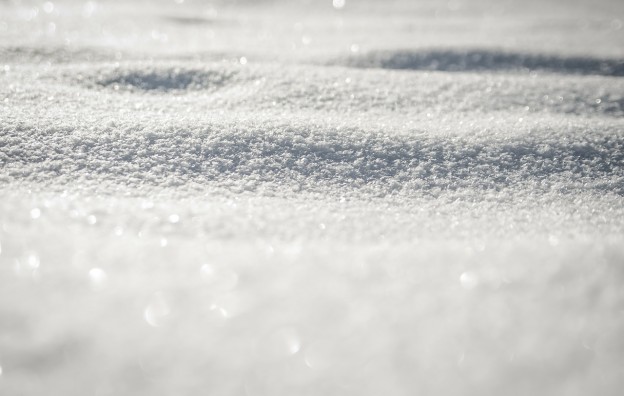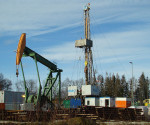Winter Weather Causes Gas Trailer Problems
Winter weather hit much of the United States last week, dumping several inches of snow in many cities in the Northeast. The cold weather ushers in a dangerous season, where frozen pipes can cause serious injuries.
Reports surfaced at the end of last week that a September 13 family, displaced in a gas disaster, was having issues in their disaster trailers.

photo/ jarmoluk via pixabay.com
The family reported having issues in their trailer because of pipes freezing in their temporary dwellings. Frozen pipes led to wastewater not being able to be removed, and as temperatures fell last week, the problem worsened. Families started to use different equipment that could be used to thaw the pipes, but officials claim that there were little risks that the pipes would burst.
The pipes, made from plastic, are able to withstand colder weather than metal pipes that are prone to freezing.
Officials are encouraging residents to start taking measures before more cold air moves into the forecast. Experts claim that a frozen pipe can cost hundreds to thousands of dollars to fix, especially in severe cases where the frozen pipe bursts.
Plumbing professionals claim that leaving faucets dripping is one of the safest measures to keep pipes running smoothly.
A professional plumber recommends keeping warm air circulating near pipes. Open cabinet doors, underneath the sink where the piping system exists, to allow warm air to circulate to the piping unit. The warm air will keep the unit from freezing. If keeping the door to the cabinet open isn’t enough to keep the pipes from freezing, place a fan in the area, directing warm air to the pipes.
Insulating exposed pipes or using pipe insulating material is a quick fix that will keep pipe temperatures warmer and reduce the risk of the pipe freezing when temperatures drop.
Basements and crawlspaces are susceptible to frozen pipes, and officials recommend sealing off the area and using weather stripping to keep warm air inside. Sprinkler system units should be properly drained before the winter season, disconnecting the unit and draining all of the exterior hoses leading to the unit in the process.
Drafty doors and windows should also be inspected, placing weather stripping and other sealants to keep the warm air indoors during the winter months. Storm windows and plastic coverings can also help keep the warm air inside and are a quick way to lower energy bills, too. If pipes do freeze, shutting off the main water valve will prevent further damage from occurring.
Author: Jacob Maslow














